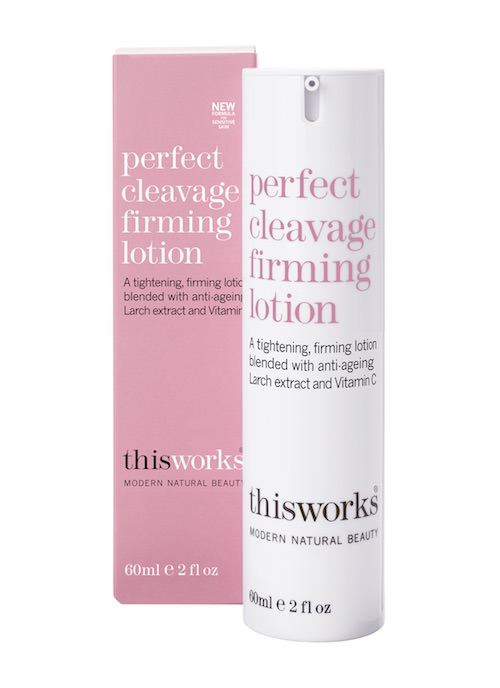Possible side effects of breast surgery
Breast surgery, like any other surgery, carries risks and side effects, but they say forewarned is forearmed, so prepare yourself for what to expect after your procedure and then you can relax while your body recovers.
Anaesthesia
As with any surgery, part of the risk comes from the anaesthesia. Modern anaesthetics are generally very safe, but you should make sure that you complete your health questionnaire carefully so that the most suitable one can be selected. Nausea is a common after-effect from the drug and you may find you have an anaesthetic “hangover” of a headache or vomiting for a day or two. Otherwise you should not have any side effects from the anaesthetic unless you were allergic to the particular drug chosen, in which case your anaesthetist will have treated you accordingly during the operation and will advise you for future avoidance.
Pain
Pain can be expected after any invasive surgery, but how much pain is a difficult question. Your pain threshold is unique and of course every operation is different, but you are likely to need strong pain killers for the first 48 hours, so try a codeine-based drug or equivalent. Thereafter you should aim to reduce to just paracetamol as painkillers can interfere with recovery and may cause their own side effects, which commonly include drowsiness, nausea and stomach upsets. You should eat before taking pain killers, keep hydrated and maintain a healthy fibrous diet to minimise any constipation as a result of the medication. Try to take the minimum amount of drugs needed to ease your discomfort.
Swelling and hardness
Your chest is likely to feel swollen, hard and tight for the first few weeks as your skin adjusts to the increased volume of your bust. Some surgeons advise the use of a compression bra to ease this discomfort and help improve blood circulation and reduce swelling, but check with your consultant before trying one. Some swelling, which goes down in the first few weeks, is perfectly normal, but if you experience excessive swelling, heat or pain in your boobs, it could be a sign of an infection and you should get it checked out by your consultant. Your skin might also be itchy as the skin stretches, and a good quality moisturiser applied regularly will not only relieve this irritant, but will also help avoid stretch marks.
Discolouration and bruising
As well as feeling tender and sore, your breasts may look red or bruised – rather than your surgeon beating you up, this is usually just caused by a small amount of bleeding during the surgery and will depend on the size of the implants and site of incision. This is a normal reaction and should fade with time, but if the redness persists, or bruising is large, and is accompanied by swelling, heat or pain, visit your consultant as it could be the sign of an infection or haematoma.
Open wounds
The rate at which yours scars heal will be individual to your body, however poor circulation, diabetes and immobilisation, among other things, can delay the process. If your wounds have not healed one month after surgery and keep re-opening – a problem often associated with dissolvable sutures – then you should see your consultant who may offer permanent stitches instead. Equally, if your wound weeps a discoloured or unpleasant-smelling discharge, visit your consultant as it could be a sign of an infection.
Seroma
A seroma is a collection of fluid around the implant, which causes swelling, pain and bruising. Small seromas may be absorbed naturally by the body during the recovery process, but larger ones are likely to require a surgical drain. The presence of a seroma, or haematoma (collection of blood), straight after surgery can lead to infection, so it is best to get it treated quickly.
Sensitive nipples
Many women experience particularly sensitive nipples in the immediate period after surgery. This is perfectly normal and is caused by the nerves in the breast being temporarily disturbed and then reconnecting. This is more likely with an areola incision and your nipple should revert to your pre-op levels of sensitivity. However, some women find that they are left with permanently more or less sensitive nipples after breast implant surgery. You may also experience twinges and shooting pains in your breasts as the nerves repair themselves after being damaged during surgery.
Infection
Infection is the main complication that you need to watch out for as it can have serious long-term effects if not treated quickly, but try not to worry too much as it is not a common occurrence. An infection can be caused either by contamination during surgery, poor wound care after surgery, or as a response by the body to rejecting the foreign object.
Check your breasts daily, and in particular the wound sites, for signs of redness, additional swelling, heat or discharge, and be aware if you have a fever or feel unwell. If you suspect you have an infection, you should see your consultant or GP immediately as it can usually be cleared up with a simple course of antibiotics. However, if you leave the infection to fester, the implant may need to be removed and, in the worst case scenario, you could get toxic shock syndrome which is life-threatening.
Also read: When breast surgery goes wrong
Latest Cream Review
Browse Categories
Most popular
Dr. Organic Moroccan Argan Oil Breast Firming Cream Review
Dr. Ceuticals Bust Boost Review
UK beaches uncovered: The topless top five
Palmer’s Cocoa Butter Bust Cream Review
The politics of breasts: Know your rights
Strapless, backless or plunging – bra solutions for every dress dilemma
Nutrition and lifestyle for breast cancer prevention


